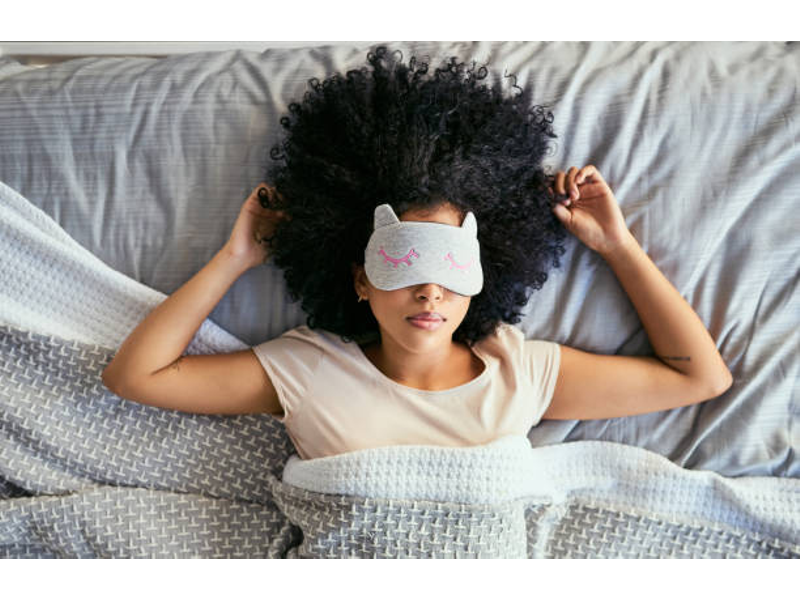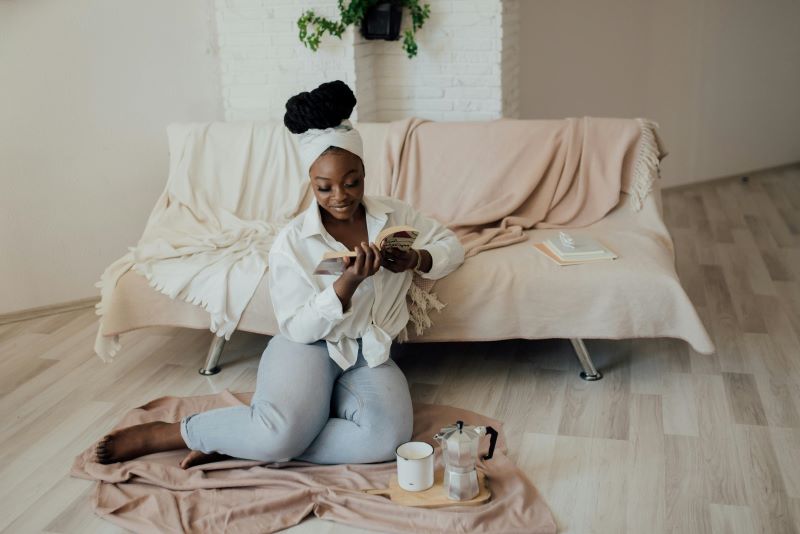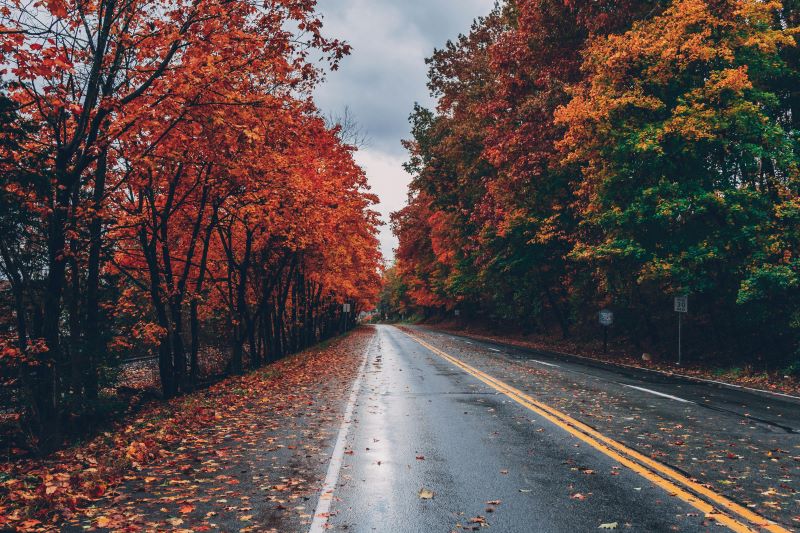Sleep Awareness Week aims to highlight the importance of good sleep and educate people about how they can better improve their sleeping habits. Since 1998, the National Sleep Foundation has commemorated Sleep Awareness Week in the seven days immediately after daylight saving time begins to encourage the public to prioritize sleep to improve health and well-being. World Sleep Day is March 18, 2022, and it is organized by the World Sleep Day Committee of the World Sleep Society and aims to lessen the burden of sleep problems on society through better prevention and management of sleep disorders.
The connection between sleep and health is real. It impacts every one of us. Sleep can be considered an underappreciated aspect of people’s lives. Poor sleep is heavily linked to weight gain, decreased concentration and productivity, increased risks of heart diseases and strokes, is connected to depression, and can affect emotional and social interactions. Disorders such as insomnia, sleep apnea, narcolepsy, and night terrors can significantly change how people interact and live throughout their lives. Here are eight evidence-based tips to sleep better at night.
Reduce blue light exposure in the evening
Excess light exposure can throw off your sleep and circadian rhythm. Blackout curtains over your windows or a sleep mask over your eyes can block light and prevent it from interfering with your rest. Exposure to light during the day is beneficial, but nighttime light exposure has the opposite effect. Blue light — which electronic devices like smartphones and computers emit in large amounts — is the worst in this regard. There are several popular methods you can use to reduce nighttime blue light exposure such as wearing glasses that block blue light or installing an app that blocks blue light on your smartphone. These are available for both iPhones and Android models.
Peace and quiet make for bedroom bliss
74% percent of Americans think that quiet is crucial for getting good sleep. Many people rely on “white noise” or some type of ambient sound to help mask disruptive noises like car horns or highway traffic. You can also use a fan, which will do double duty, keeping your room cool, or try one of the many soothing sleep casts or some sleep music from the sleep experience in the Headspace app. Sleep casts run about 45 minutes and can help create a relaxing, peaceful environment for sleep. Earplugs or headphones are another option to stop abrasive sounds from bothering you when you want to sleep.
Avoid napping during the day
Taking naps during the daytime, particularly those that last longer than 2 hours, can also disrupt the circadian rhythm. Sleeping in the daytime can confuse your internal clock, meaning that you may struggle to sleep at night. The best time to nap is shortly after lunch in the early afternoon, and the best nap length is around 20 minutes. A 2012 study showed that frequent napping appears to be associated with lighter daytime sleep and increased sleepiness during the day.
After a poor night’s sleep, it is tempting to take a long nap. However, try to avoid this, as it can adversely affect a healthful sleep cycle.
Consider limiting caffeine later in the day
Caffeine is a stimulant. It stimulates wakefulness and can disrupt sleep patterns. A single dose can enhance focus, energy, and sports performance. Part of the winding down process at night actually begins during the day. It includes exercising early, limiting caffeine — coffee, tea, and soda — after lunch. A 2013 study proved that consuming caffeine up to six hours before bed significantly worsened sleep quality. Avoiding smoking is also a good idea as the nicotine in cigarettes is a stimulant that can keep you awake.
Change your eating habits
What a person eats, particularly in the evening, can have an impact on their sleep. For example, eating a large meal within 1 hour of going to bed may impair a person’s ability to sleep. Digesting a meal can take at least 2–3 hours and lying down during this period can cause discomfort or feelings of nausea and slow the digestive process in some people. It is best to allow the body enough time to digest a meal before lying down. Eating rice, oats, and dairy products can produce chemicals that increase our desire to sleep.
Optimize your bedroom environment
A comfortable mattress and pillows are essential for good sleep, but whether they’re soft or firm is up to you. The pillow you choose may depend on your preferred sleep position. Being too hot or too cold can have a significant impact on a person’s ability to sleep. The temperature at which people feel the most comfortable varies, so it is important to experiment with different temperatures. However, the National Sleep Foundation recommends a bedroom temperature of 60–67°F (16–19ºC) to promote sleep.
Take melatonin
Melatonin is a key sleep hormone that tells your brain when it’s time to relax and head to bed. Often used to treat insomnia, melatonin may be one of the easiest ways to fall asleep faster. In one study, taking 2 mg of melatonin before bed improved sleep quality and energy the next day and helped people fall asleep faster. The body produces it to induce drowsiness and sleep in line with the body clock. People can also take it as a supplement to increase the chance of getting to sleep. Melatonin is also useful when traveling and adjusting to a new time zone, as it helps your body’s circadian rhythm return to normal.
Bathe before bedtime
Taking a warm bath or shower an hour or two before bed has been shown to relax both the body and mind, in one study lowering both heart rate and blood pressure. It can also help improve temperature regulation before bed. A study shows that taking a hot bath 90 minutes before bed improved sleep quality and helped people get more deep sleep.
Source

Boitumelo Masihleho is a South African digital content creator. She graduated with a Bachelor of Arts from Rhodes University in Journalism and Media Studies and Politics and International Studies. She’s an experienced multimedia journalist who is committed to writing balanced, informative and interesting stories on a number of topics. Boitumelo has her own YouTube channel where she shares her love for affordable beauty and lifestyle content.





